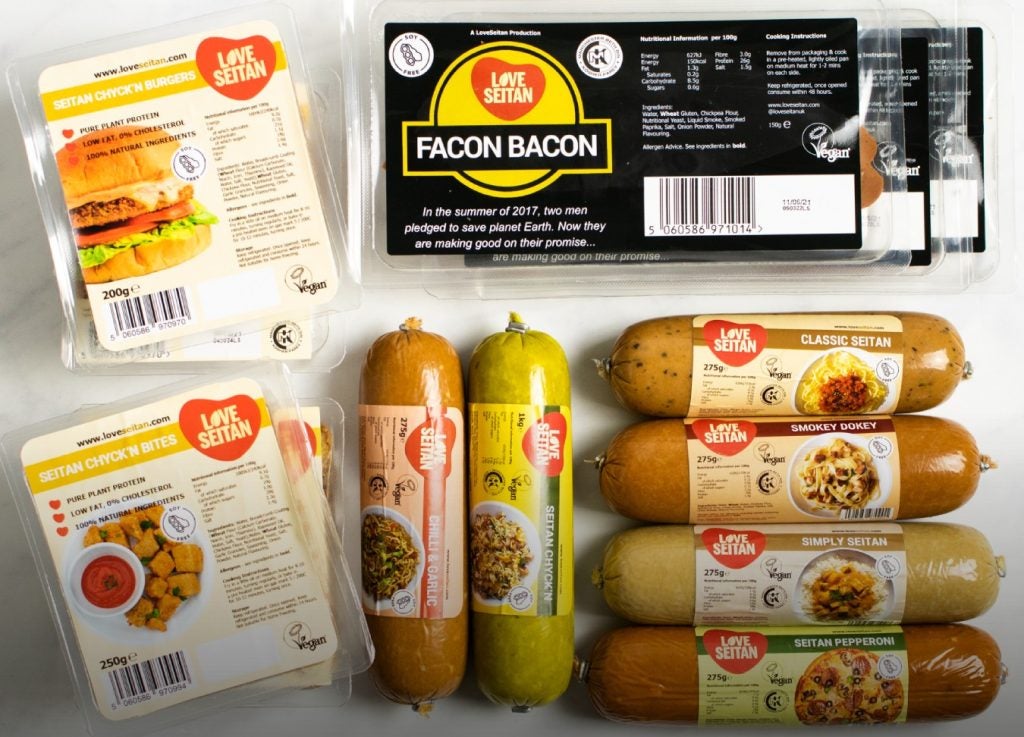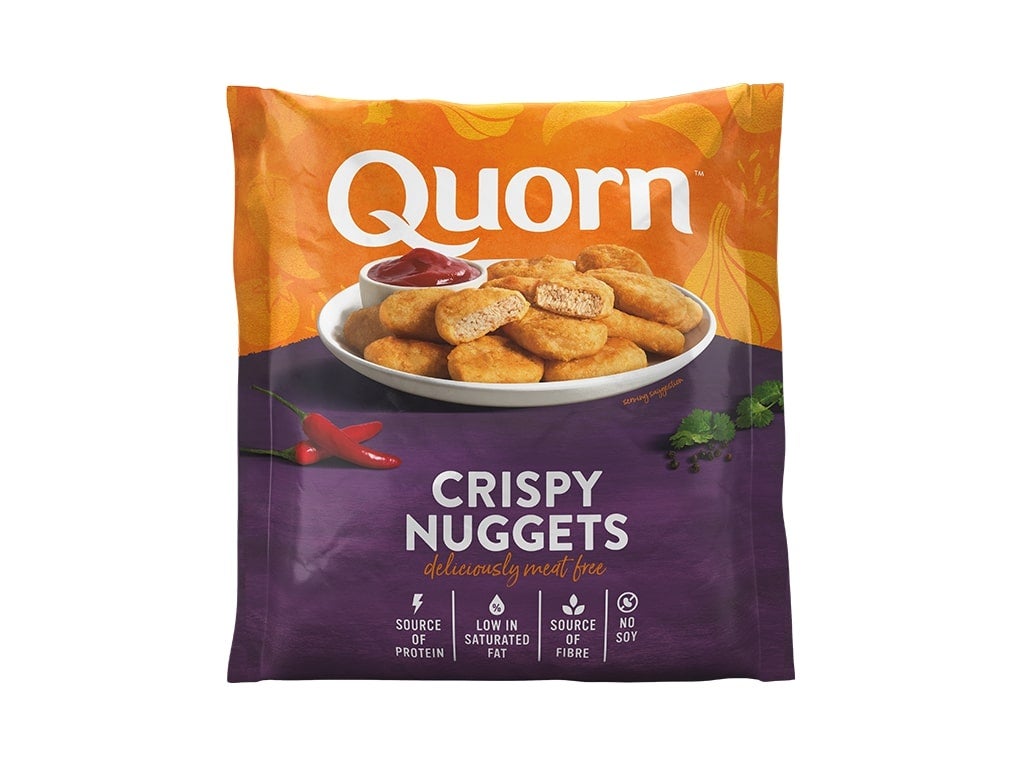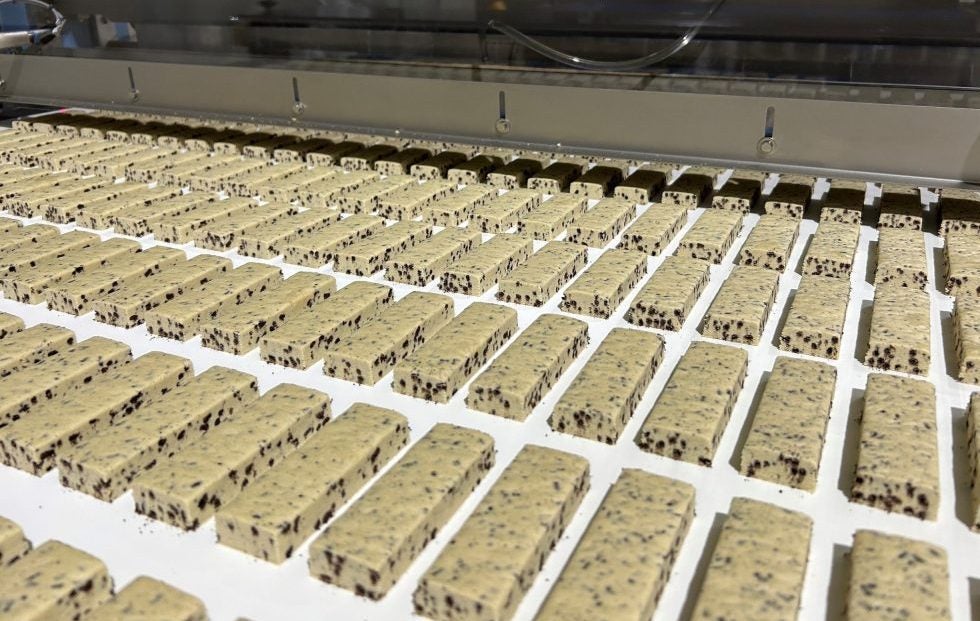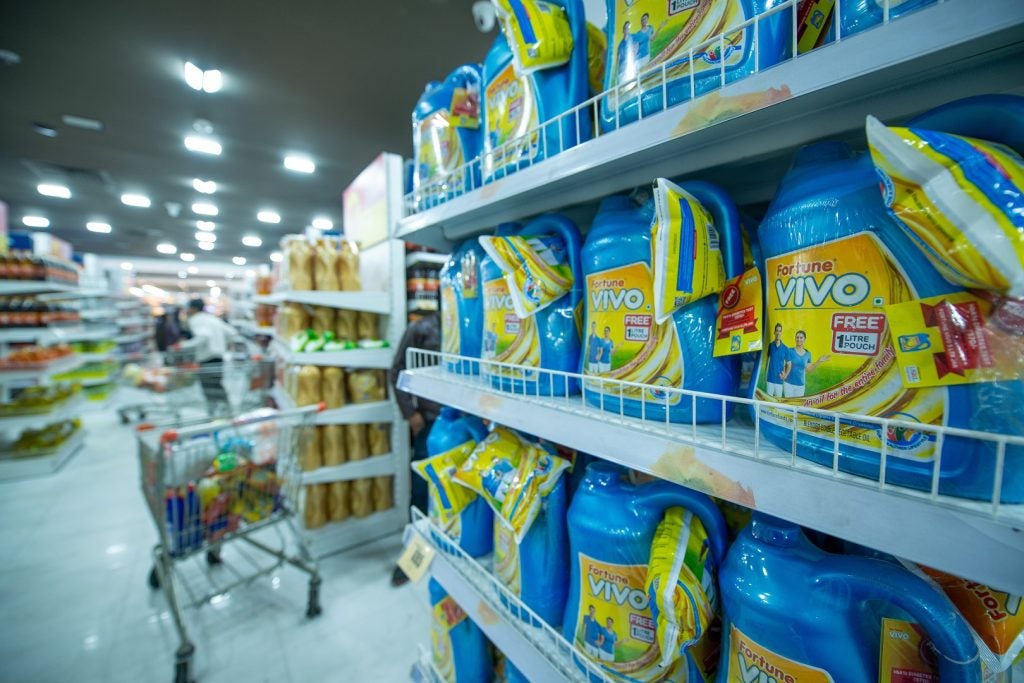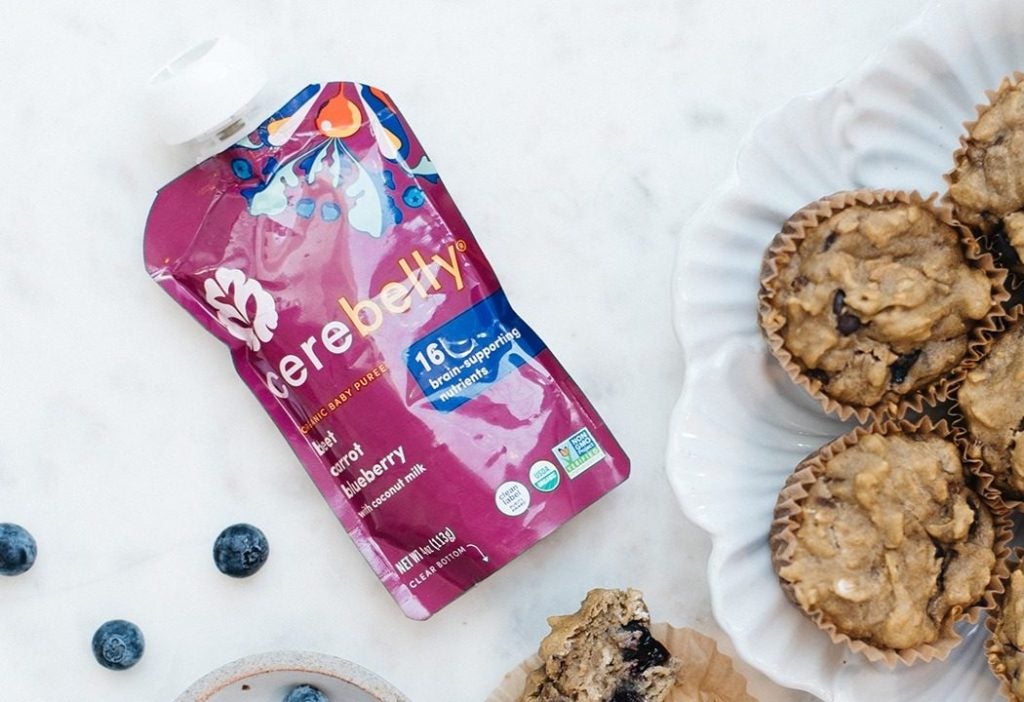LoveSeitan, a UK plant-based protein start-up once backed by vegan stalwart and entrepreneur Heather Mills, has called time on the business.
Mills, the owner of vegan business VBites, was terminated as a director of Aylesbury, Buckinghamshire-based LoveSeitan last September, according to a notice filed with Companies House in London.
Co-founder Nicholas Abear, who set up the Facon Bacon producer in 2017 with Stephen Swindon, also suffered the same fate in March 2022.
Swindon revealed the demise of LoveSeitan on social media a week ago. In a LinkedIn posting accompanied with a photo, he said: “This is the brunch I made myself on Saturday. It is the last brunch I will make using LoveSeitan’s delicious Facon Bacon as, after almost six years, we are closing our doors.”
He added: “Tough market conditions and increasing costs have contributed to this but, at the end of the day, we could not convince enough people of the benefits of seitan. It has been an incredible journey and I’m grateful for every minute of it but it’s time to move on to something new.”
Swindon is also the founder and CEO of Lightbulb Business Solutions in Holt, a town in the county of Norfolk in eastern England.
“I use my 35-plus years’ experience across a number of industry sectors to help SMEs design and build scalable operations and solve operating model problems that are blockers to growth,” Swindon said on LinkedIn. “Main industry focus is the food sector, which reflects my most recent experience and network.”
As well as Facon Bacon, LoveSeitan produced a seitan-based pepperoni and faux-meat roast.
On the company’s own LinkedIn page, LoveSeitan made the claim of being “the only bulk producer of seitan in the UK”, adding that the business supplied “foodservice, manufacturers, wholesalers, distributors, restaurants, cafes and retail outlets”.
Its website was not accessible today (9 August).
LoveSeitan described seitan as a “low fat, plant-based, protein-rich food” made from wheat, giving rise to the designation of ‘wheat gluten’ or ‘wheat meat’.
The demise of LoveSeitan follows The Meatless Farm Co., another UK start-up, going out of business in June following the appointment of advisers late in May. The loss-making alternative-meat company was set up in 2016.
While Meatless Farm as a company went into administration, the brand was saved when peer VFC Foods stepped in as buyer.
Meanwhile, the Quorn brand owned by Philippines-based Monde Nissin took a hefty impairment charge earlier this year related to waning demand. Monde Nissin noted a “reduction in sentiment toward the meat-alternative category”.
Mills invested in LoveSeitan in 2018. She acquired the factory operation of Plant & Bean after the UK-meat from company called in administrators in June.
Speaking to Just Food in July on the business conditions in the UK market, Mills said the “plant-based category has really gone backwards because of Brexit and Covid” and is essentially “stagnating”.
Mills believes the future for the category is in the “next generation” of vegan foods, or “clean, innovative plant-based foods” that are friendly on the gut.
[Link src="https://www.just-food.com/interviews/heather-mills-to-lean-into-next-generation-gut-friendly-vegan-foods-in-stagnating-uk-meat-free-market/" title="Interview: Heather Mills to lean into “next generation” gut-friendly vegan foods in “stagnating” UK meat-free market" font-size="20px"]

